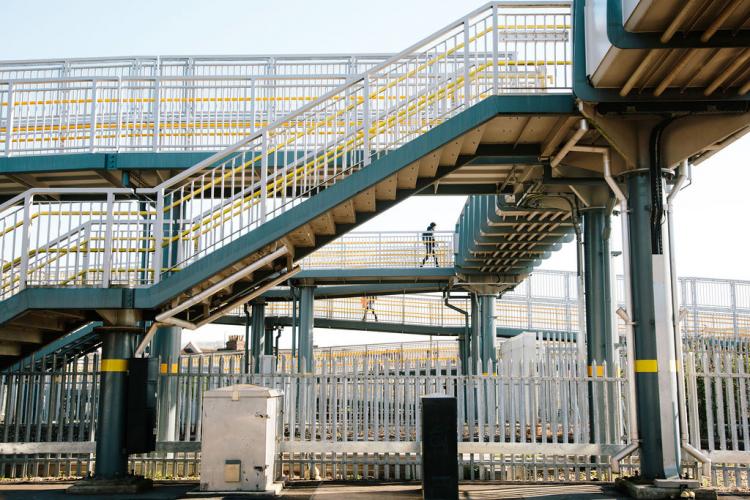
As we look ahead to end of national restrictions and measures to help contain the Covid pandemic, what have we learned about our own city?
Recent research published as part of the Everyday Integration project analyses input from nearly 800 people living in and around Bristol to start finding out.
“The pandemic has upturned many of our assumptions about the relationships between integration, work, neighbourhoods and engagement. In one version of an integrated society, we would all be in this together … but we have seen how profoundly unintegrated we are with the disproportionate impact of the pandemic across lines of age, ethnicity, precarity, immigration status and social class.”
Focusing on economic, social, civic, mobility and digital perspectives, the Whose Bristol survey found:
The implications of these findings, and potential initiatives to support integration and inclusion through everyday interactions, will be explored in a series of community workshops after the summer. Please contact us if you’re interested in contributing or finding out more.